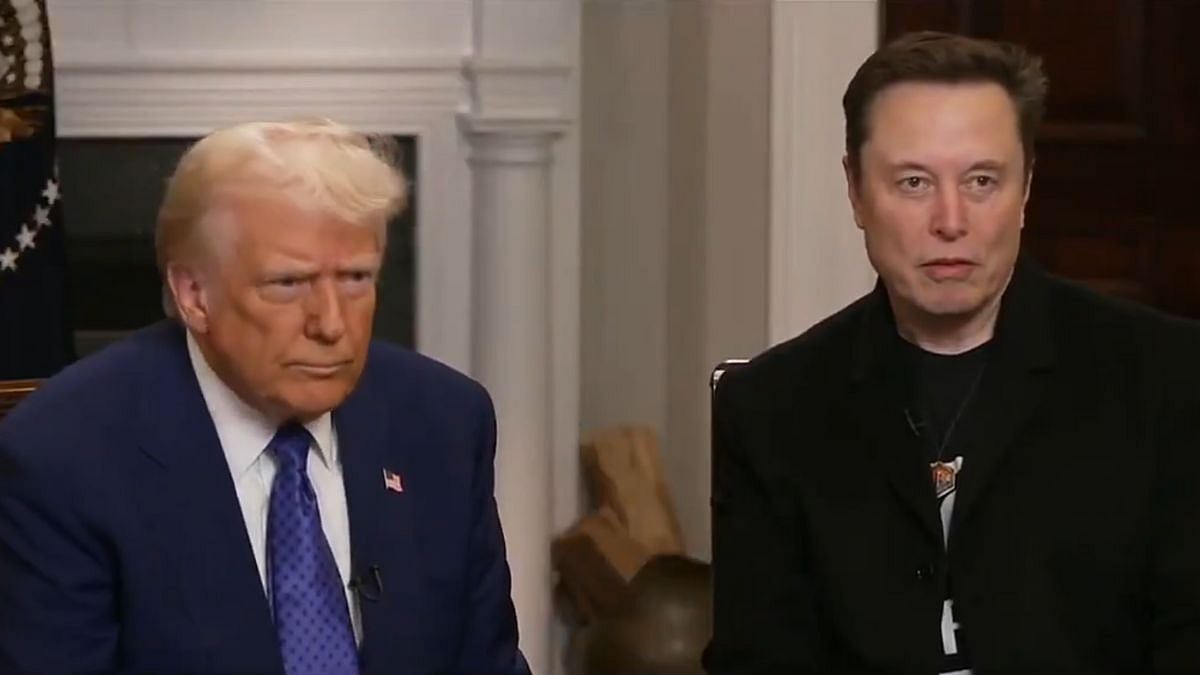As US president Donald Trump amplifies his self-endowed role as the ‘Great Disruptor’, his bromance with billionaire ally, Elon Musk, seems to have begun to fray at the edges. There seems to be a swiftly escalating and fundamental divergence in the positions taken by Trump and Musk, with the former being a long-time proponent of tariffs, which he is using as a blunt instrument to redress what he sees as unfair terms of trade between the US and pretty much the rest of the world, and the latter cleaving to an equally firmly held belief in the absolute virtues of free trade, untrammelled by restrictions like tariffs. As Trump had his second coming, he drafted Musk, the right-wing industrialist who supported him and bankrolled his campaign, into his administration as the head of the Department of General Efficiency, in which capacity, much to Trump’s delight, he took a wrecking ball to the federal government, cutting thousands of jobs and downsizing funding almost as soon as he got in through the door. The chemistry between Trump and Musk seemed as natural and seamless as it appeared to be there to stay. What fed into this special relationship was Musk’s professed and publicly expressed admiration for the authoritarian rule, most infamously via a Nazi salute, and Trump’s stated and demonstrated intention to become the authoritarian and arbitrary ruler so beloved of many in the ‘Make America Great Again’ ranks.
But as April 2, Liberation Day, brought with it a slew of swingeing global tariffs that spared practically no country or territory, Musk slipped into oppositional mode, decrying the White House’s peremptory actions. Self-interest, no doubt, plays a role in fuelling Musk’s advocacy. Musk has directly and indirectly contradicted his boss, a course of action that is perilous, given the president’s thin-skinned imperiousness. One victim has been Peter Navarro, Trump’s senior advisor for trade and manufacturing, whom Musk called ‘truly a moron’ on April 8. As a staunch advocate of tariffs, Navarro, an Ivy League economist, provides the ideological and theoretical ballast for Trump’s tariff-driven trade policies. On April 7, Musk unsubtly shared a post of celebrated economist and free-market guru Milton Friedman, waxing lyrical on the virtues of free trade. More directly, Musk has disagreed with Trump since the inauguration of the new administration. Trump does not take kindly to criticism and disagreement, especially from his aides. So, it is a moot point whether even Musk can change his boss’s mind and bring about a radical shift in policy. Given Trump’s ideological commitment to a certain kind of global trade order, it seems unlikely. Which leaves the other big question hanging: is the Trump-Musk honeymoon headed in the direction of a premature divorce?
